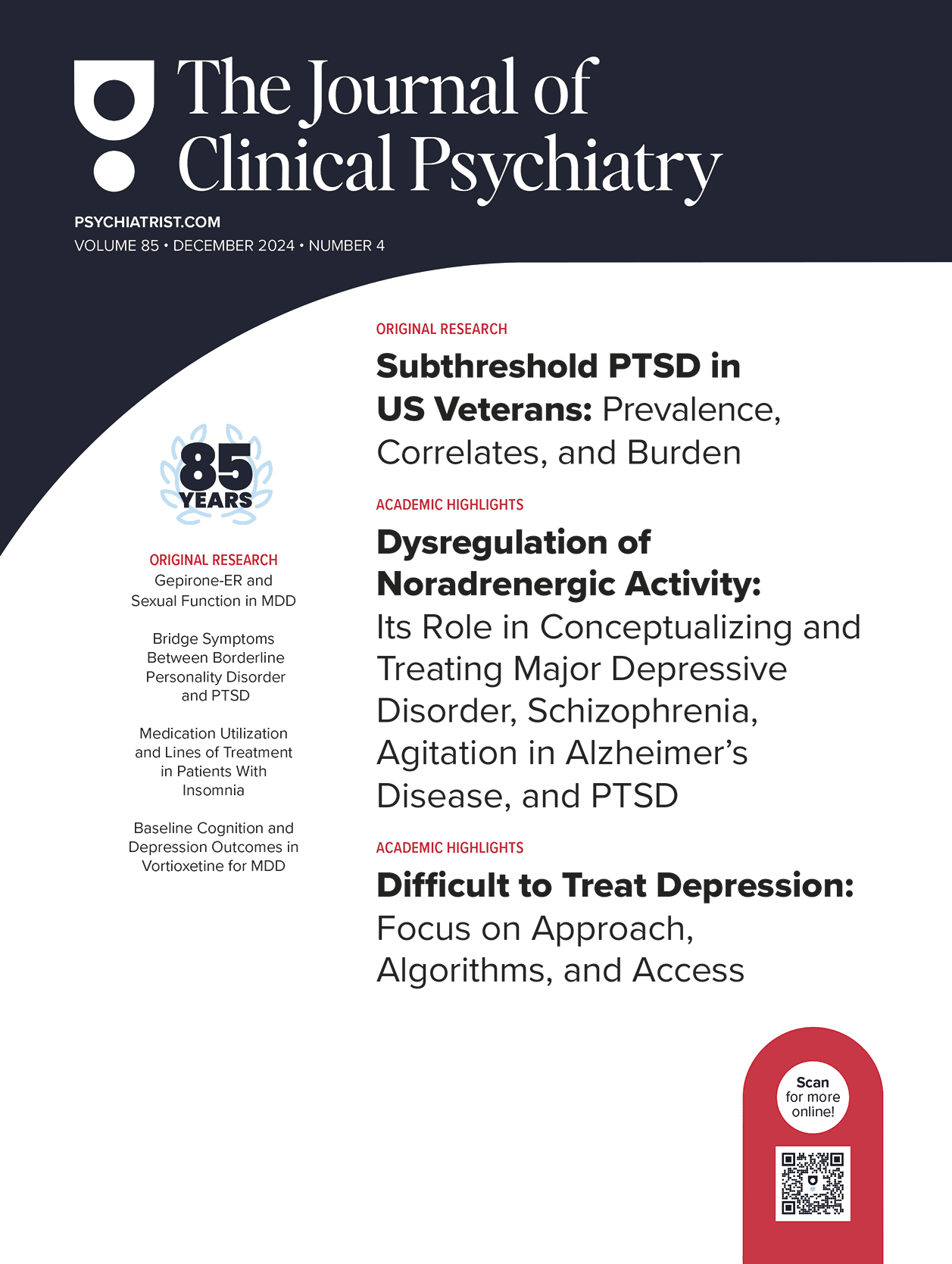Background: Of all the psychiatric disorders associated with insomnia, depression is the most common. It has been estimated that 90% of patients with depression complain about sleep quality. Since the first reports of short rapid eye movement (REM) latency in depressed patients and of the effect of sleep deprivation on depression in the 1970s, numerous sleep studies have provided extensive observations and theoretical hypotheses concerning the etiology and pathophysiology of depression. The aim of this review is to summarize knowledge regarding the relationships between sleep and depression.
Data Sources and Selection: MEDLINE and PsycINFO searches of the literature published in English or French between 1964 and 2005 that examined the relationships between sleep disturbance and depression were conducted. Search terms used were depression, depressive disorder, affective disorder, mood disorders, seasonal affective disorder, sleep, sleep disorders, insomnia, REM, polysomnography, sleep deprivation, electroencephalography, PET, SPECT, and fMRI.
Data Synthesis: Two hundred five papers were identified and selected and then integrated into the following categories: sleep architecture, antidepressive therapies, age- and gender-associated differences, functional imaging results, and sleep-related hypotheses explaining the pathophysiology of depression.
Conclusion: Numerous studies provide findings indicating the remarkable relationship between sleep alterations and depression. Although the existing hypotheses are not likely to explain all aspects of the sleep alterations in depression, each may be worth being maintained for refinements of pathophysiologic models of depression as new data accumulate. Further research taking into account the heterogeneity of depressive disorder and linking the different areas of research is needed to develop more comprehensive theoretical models and new therapies for depression.
Continue Reading...
Did you know members enjoy unlimited free PDF downloads as part of their subscription? Subscribe today for instant access to this article and our entire library in your preferred format. Alternatively, you can purchase the PDF of this article individually.
Please sign in or purchase this PDF for $40.00.
Save
Cite
Already a member? Login




